Major! - A Black Trans Woman Fights For Justice
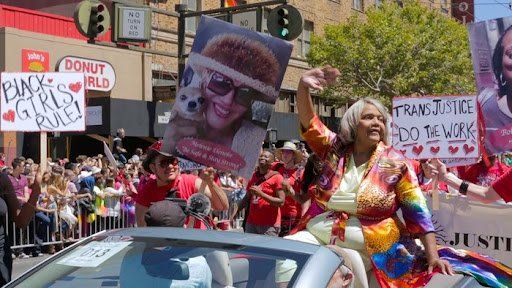
As I entered the screening of the recently-completed documentary Major!, presented by Spectrum Queer Media and part of Oakland’s 2016 Black Queer Arts Fest, I could feel this night was going to be memorable. I myself got excited when the usher told me Miss Major was in the building. Although the crowd was comprised of folks with many different identities and from all walks of life, a sense of community pervaded the Piedmont Theater. Miss Major Griffin-Gracy is a Black transgender woman who has been fighting for the rights of trans people of color for the past 40 years. Major!’s stories are told not only by Miss Major herself but many other transgender women and men in the community.
Annalise Ophelian, a queer-identified white (cis) female who works as a clinical psychologist, directed and produced Major! Ophelian owns Floating Ophelia Productions, a company that seeks to distribute and produce independent LGBT documentaries with a social justice theme.
The film features Miss Major and her work but it’s a larger story than that. It concerns the struggle of transgender men and women of color and introduces the organization that is run by Miss Major called TGI Justice Project. TGIJP’s mission is to challenge and end the human rights abuses against transgender, gender-variant and intersex (TGI) people in California prisons and beyond. The film incorporated many people from Miss Major’s life, including candid interviews from the mother of her child, her child, her current partner, and people that consider Miss Major a mother, father, and grandmother. In the film Major speaks about her mother and her mother’s reactions to Major’s changes in gender and sexuality, about being in the Stonewall riots, and about her time in jail. The film wouldn’t have been so touching and beautiful if Major hadn’t been so open about her life. She told her life story, a difficult one marked by struggle, with grace, acceptance and a sense of humor.
During the Q and A after the film, Ophelian explained that she didn’t want the story to be told from her point of view because, as a white cis woman, she has a different identity and therefore belongs to a different community. She wanted the story to come from the trans community so involved Miss Major in every step of the production. This film took Ophelian 3 years to make. Her mission for the film was to bring Miss Major’s lessons and teachings beyond Miss Major’s circle. She explained Her film, she explained, isn’t the common narrative of sex work, difficult interpersonal relations and unhappy life stories that popular media has created for trans people. Miss Major has an optimistic, beautiful outlook on life and although she has dealt with plenty of racism, homophobia, and ignorance, the film focuses more on the positive and the great work she does to make a difference in other’s lives.
The film evokes emotion. It makes you feel happy, sad, confident and inspired. Miss Major possesses a wonderfully crass, classy, wise and sassy humor that is highlighted throughout the film. During the film Major had the whole crowd tearing up from laughter as well as heartbreak and awe. Her words are eloquent whether cracking a joke or discussing the injustices in her life and what goes on today. To me Miss Major is an inspiration. She dedicated her life to create a better future for everyone because as she says in the film, a world where trans people can feel accepted is a better world for everyone.
As the credits began to roll everyone stood to give a much deserved standing ovation to THE Miss Major, a woman who works to inspire greater love. Major! is a testimony to not only the work that Miss Major has done for the community of trans people of color but a testimony to the resilient and brilliant lives within the community.
Recent Posts
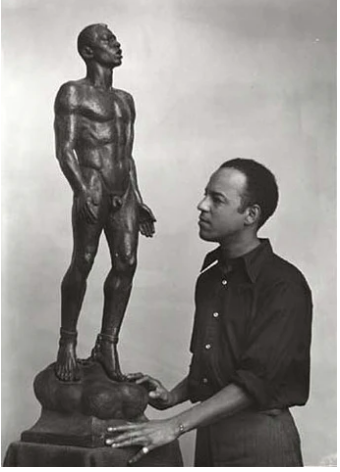
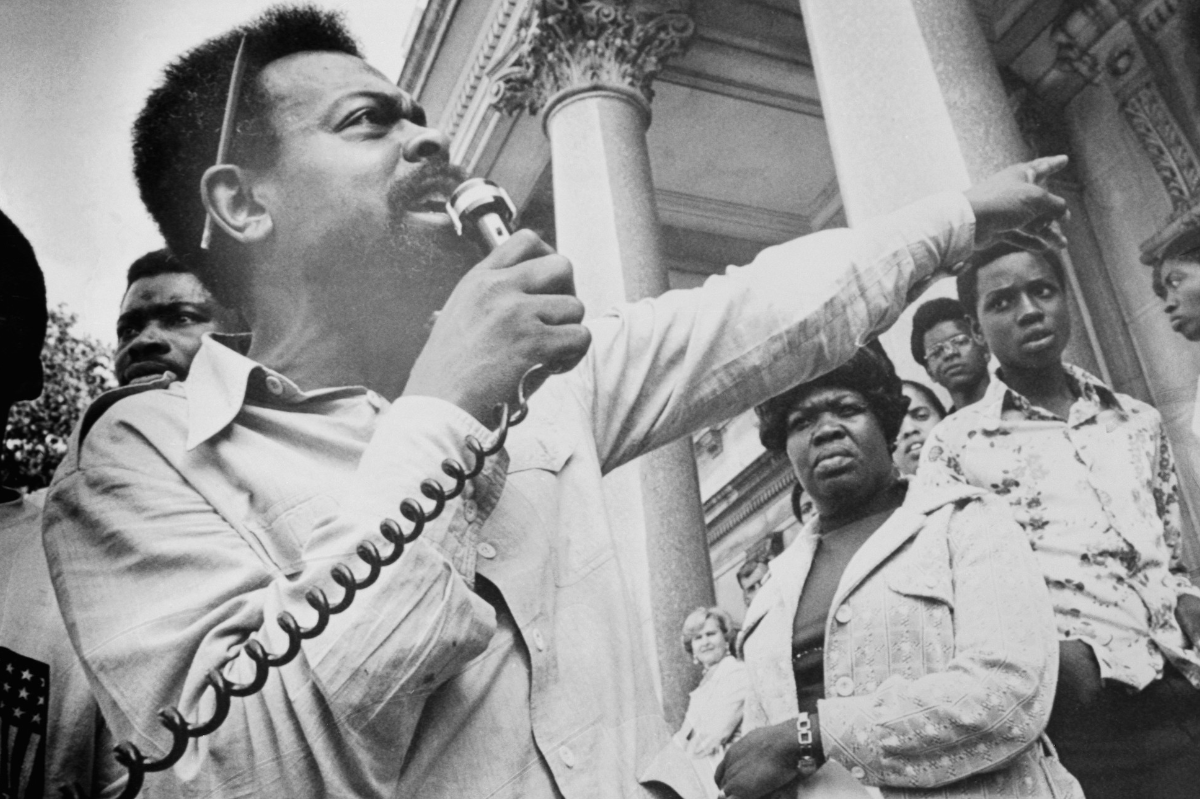
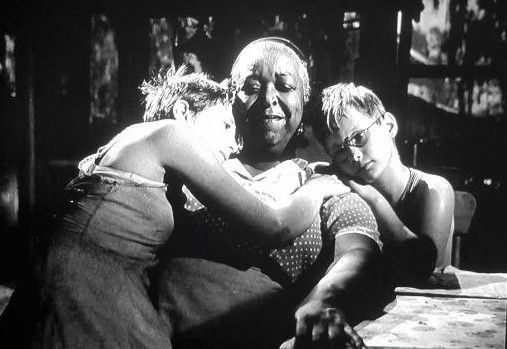
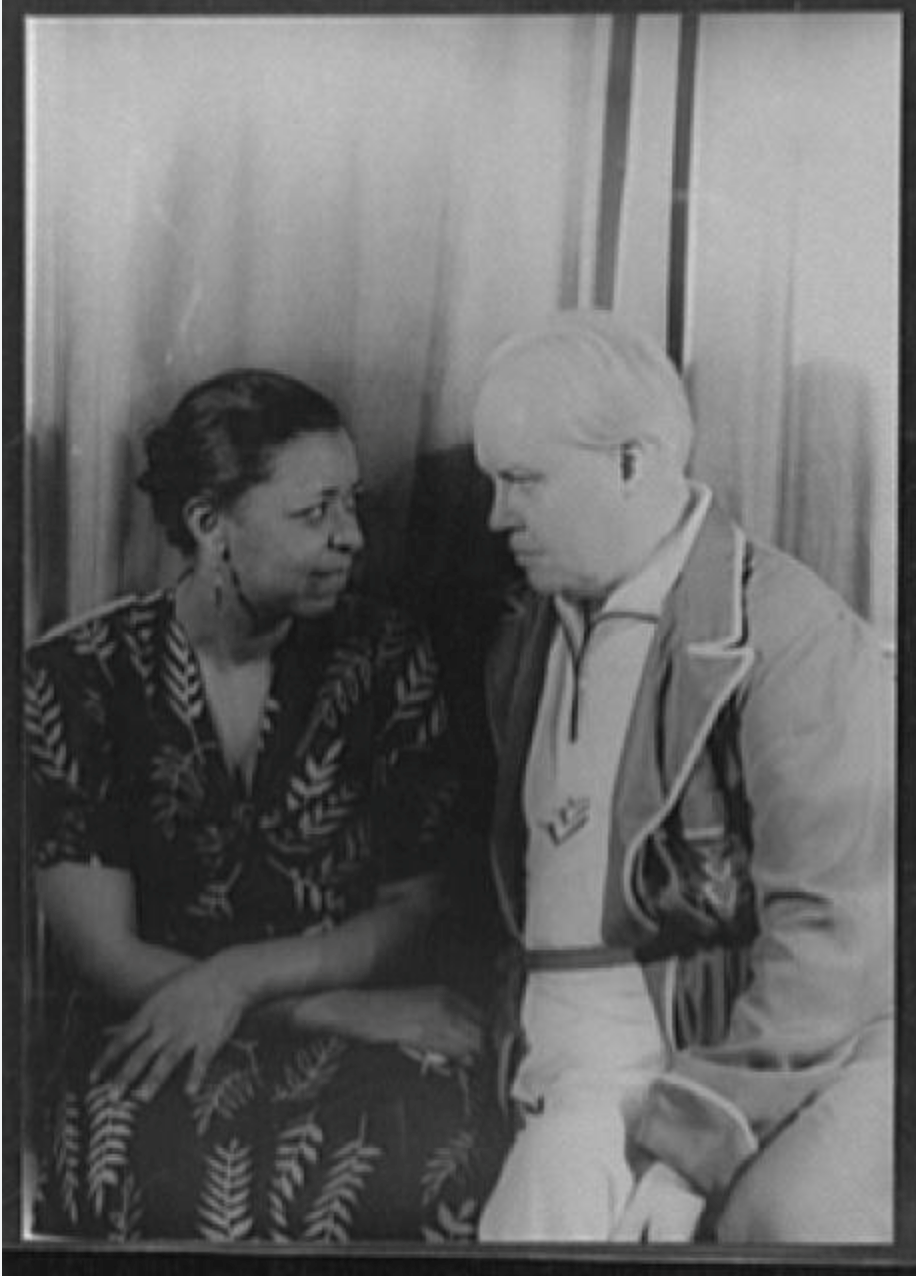
SHOGA FILMS is a 501(c) (3) non-profit production and education company. We create multimedia works around race and sexuality that are intended to raise awareness and foster critical discussion.
Contact Us
All Rights Reserved | Shoga Films
Stay Connected
Thanks for subscribing!
Please try again later.


